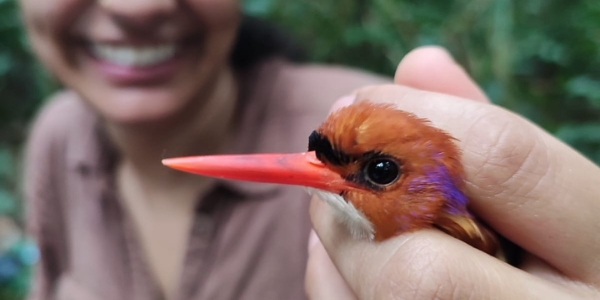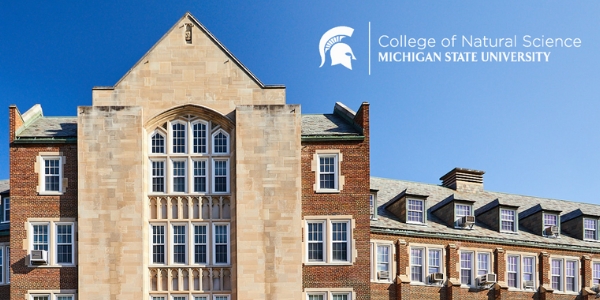MSU-led team receives $10M USDA grant for resilient food systems
A transdisciplinary team of researchers, educators and extension experts led by Michigan State University has received a $10 million grant from the U.S. Department of Agriculture (USDA) to create more sustainable and equitable food systems in the Midwest and beyond. The five-year integrated project is funded through the Sustainable Agricultural Systems program of the USDA’s National Institute of Food and Agriculture.

“Our project will initially focus on the Midwest to develop cutting-edge approaches, ” said EEB core faculty member Jianguo (Jack) Liu, co-principal investigator of the project, Rachel Carson Chair in Sustainability, director of the Center for Systems Integration and Sustainability (CSIS), and University Distinguished Professor in the MSU Department of Fisheries and Wildlife. “We will also train a new generation of transdisciplinary scholars and practitioners so that the innovative approaches can be applied to other regions of the U.S., and even other countries.”
Food systems at the local and regional levels are susceptible to a number of disruptions, which researchers refer to as “shocks.” The COVID-19 pandemic, climate events and foodborne pathogens are examples of shocks that can cause disturbances in supply chains, ultimately leading to food and nutrition security challenges.
A single supply chain interruption can be difficult to overcome, but shocks often occur simultaneously and without warning. While previous research on this topic has focused on individual supply chain interferences in isolation, the overarching goal of the new effort is to build food systems that are able to withstand several shocks happening concurrently.
The team has outlined a series of objectives that aim to address the interrelated ways in which shocks affect food systems. Researchers will evaluate characteristics of supply chains that may put them at risk, historical and projected shocks, and mitigation strategies.
Using artificial intelligence and decision-support tools, researchers will model multiple shocks to simulate an assortment of scenarios, factoring in vulnerable populations.
The outcomes will be the basis for education of K-12 to graduate students, as well as outreach and extension resources that target local and regional policymakers, businesses, the agricultural community, and educators. Information will be shared through published papers, in-person and virtual presentations, policy briefs, stakeholder meetings, social media, newsletters and online extension materials.
Joining Liu are MSU researchers, educators and outreach specialists representing four colleges, and several departments and programs. They are:
- Project leader Brent Ross, associate professor in the MSU Department of Agricultural, Food and Resource Economics, and associate chairperson for undergraduate programs in the MSU College of Agriculture and Natural Resources.
- Bryan Beverly, director of the Office of K-12 Outreach in the College of Education.
- Nicole Ellefson, specialist in the Office of K-12 Outreach in the College of Education.
- Kenneth Frank, MSU Foundation Professor in the College of Education.
- Sue Nichols, assistant director and research communications strategist in CSIS.
- Andrés Viña, assistant professor in CSIS.
- Judith Whipple, the interim dean in the Broad College of Business, and the Donald J. Bowersox and Robert W. Thull Professor in Logistics and Supply Chain Management.
- Julie Winkler, professor in the College of Social Science.
- Felicia Wu, John A. Hannah Distinguished Professor in Food Safety, Toxicology and Risk Assessment in AFRE and the Department of Food Science and Human Nutrition.
See the full story from the CANR



